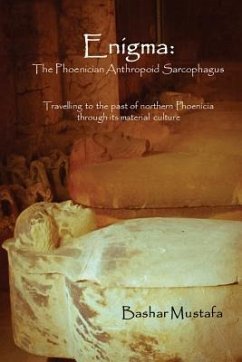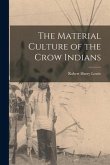Join Dr. Bashar Mustafah in a fascinating overview of the history of the people we know today as Phoenician. Where did they come from? What were their beliefs concerning the afterlife? And specifically, what can we learn about their religious and after-life beliefs from the study of the Phoenician Anthropoid Sarcophagus? Research into these enigmatic relics of ancient Phoenician culture has been hampered by a long history of grave robbers and colonizing countries removing these coffins for display in private collections and museums. Rarely were discoveries documented before the object was spirited away for display in a foreign location as merely a piece of art, leaving in limbo archaeologists and others who would take a scientific approach to their study. Any documentation by the scientific community before the twentieth century was solely reliant on external literary evidence, a situation made worse by the fragmentary survival of the Phoenicians' own written histories and mythologies. Early scholars, therefore sought to fill in the gaps in their knowledge through inference from Assyrian, Babylonian, Greek, and Roman records, most of which present an incomplete and biased view of Phoenician societies. The result has been, at best, a blurred and incomplete picture of the culture and history of Phoenician societies. Thus, the study of any Phoenician settlement is a daunting task. The principle problem facing any scholar or general reader is the lack of accessible, unbiased, up-to-date literature examining Phoenician archaeology. Such literature as does exist is at best scattered in a multitude of sources and inconsistently documented. The purpose of this book, then, is to provide a broad overview of at least a small part of the material culture of this enigmatic, so-called "Phoenician" civilization.
Hinweis: Dieser Artikel kann nur an eine deutsche Lieferadresse ausgeliefert werden.
Hinweis: Dieser Artikel kann nur an eine deutsche Lieferadresse ausgeliefert werden.








